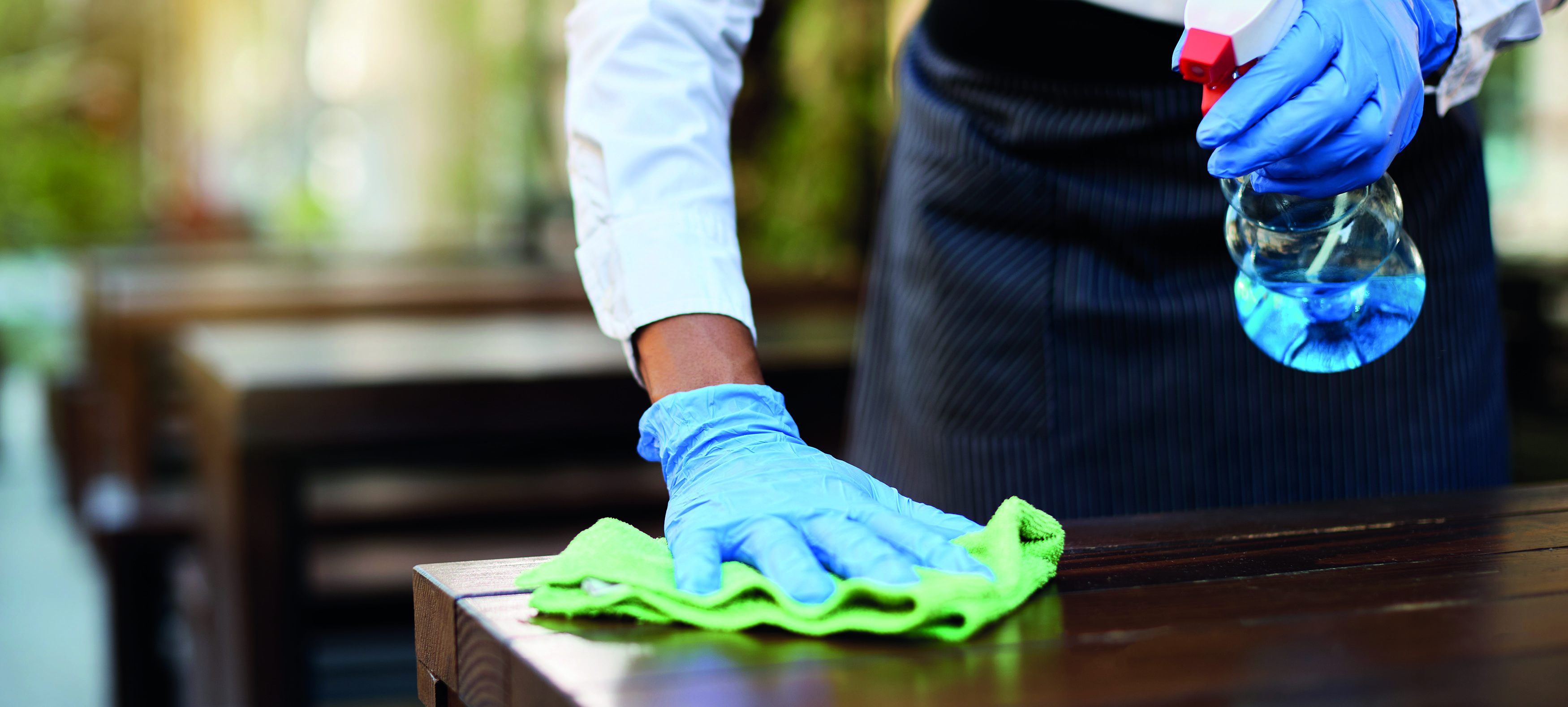Whilst a viable vaccine has now been created and is being administered, COVID-19 is still here for the long haul. Efforts by the UK governments to achieve some element of normality, where we learn to live with the presence of the virus, are afoot.
The devolved Governments want to reduce the need for further lockdowns. At the heart of these strategies are test and trace apps, with England and Wales using the NHS Test and Trace app, Scotland the Project Scotland app, and Northern Ireland the Stop Covid app.
The focus of these apps is on pinpointing and then locking down COVID-19 hotspots. The implication is that widespread national lockdowns will not be necessary as the governments try to limit any severe economic repercussions to many of our treasured industries, such as hospitality.
Since the introduction of the NHS Test and Trace app in England and Wales, several misconceptions about its usage have been circulating, many of which need clarification.
The NHS Test and Trace app was devised to track the spread of the virus from one person to another – stopping it in its tracks. It works using Bluetooth signals, which track when your phone comes into close contact with another app enabled phone. You can report any symptoms on the app, meaning those in close contact with you will be informed, as well as receive alerts on the risk levels in your local area.
Another function of the app is its QR check-in feature which can be used in hospitality, entertainment, and leisure facilities. This is helpful if an outbreak occurs at a specific location as staff, customers and all others who registered at that location, will be notified of this and told to self-isolate if an outbreak is declared.
You can create a unique QR code for your venue for customers to scan here. However, it is worth noting that there are also differences in venues’ legal obligations across the UK. For instance: In Wales, the Test and Trace app is encouraged but businesses must continue to manually collect customer information, even if they have used the app. It is also a requirement that businesses take reasonable methods to ensure the contact information collected is accurate. Customers need to provide verification of their name when completing contact details. Examples of documents that can be used for verification include drivers’ licence, bank or credit cards and other forms of identification accepted under licensing law.
Downloading the app is not compulsory. The contact tracing element can be switched off and the app deleted at any time. If the app is turned off or deleted, then no personal data is stored or transmitted between you and others.
The app will send you a notification if it determines that you may have been in close contact with someone with COVID-19. However, you are only legally obliged to self-isolate if you are then directly approached by NHS Test and Trace.
Contract Tracers consider ‘close contact’ to have occurred if people have been within two metres of one another for 15 minutes or longer or within one metre for one minute. These times are for single exposure and are not cumulative. For example, someone would not be considered a close contact if they had been within two metres of someone 15 times in a day, but for only a minute each time.
If you are informed that you must self-isolate, then you must do so for ten days from when any symptoms start or from when you are notified by the app. If you feel well enough after ten days, and have not had a high temperature for 48 hours, then you can return to work.
If you run or manage a hospitality business, you need to be aware of any of your employees have COVID-19. But you do not need to report anything for a single case within the workplace. The affected individual must alert NHS Test and Trace and self-isolate. However, if there are five or more cases in the workplace – customers or staff, within 14 days, then you must contact the Public Health Team for your area, and they will advise on what action needs to be taken.
If an employee does contract COVID-19 in the workplace, it may be reportable to RIDDOR. For further information on COVID-19 and RIDDOR reporting you should visit the Health and Safety England website www.hse.gov.uk/news/riddor-reporting-coronavirus.htm
While understanding the rules around the usage of the app, how it applies to your venue and what wider rules, regulations and guidelines your venue should be following can sound daunting, there is help out there to help you interpret any guidance and make sure that your venue stays compliant.
Support such as that provided by the UK-wide Safe to Trade Scheme can help ensure that your premises and teams are COVID-19 secure. By utilising this scheme, you can effectively protect staff and customers from any potential risks. Meaning, you can avoid your premises being declared a COVID hotspot and temporarily having to close or send all of your staff home.
The Scheme is an independently governed and verified program that works with outlets to ensure that their premises and teams are not only COVID compliant but go beyond the guidelines in a credible and measured way. The aim is to help businesses get up and running fast in the new normal, while auditing performance and visibly reassuring customers, with an accreditation, that they comply.
Businesses that sign up to the Scheme also get access to a free COVID-19 Helpline, which is available for businesses seeking Environmental Health advice to help them navigate how to operate during the pandemic. It is manned by a team of specialist Environmental Health Practitioners and supports businesses of all sizes with any key questions that you have during these unprecedented times. Find out more about the Scheme here



